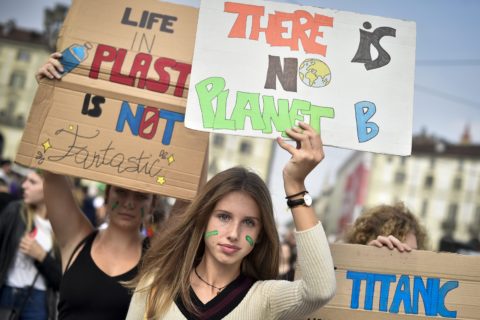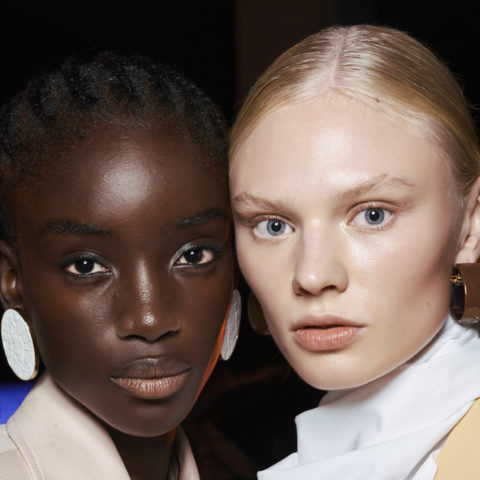Tatcha, Dermalogica, Dove and More To Drastically Reduce Plastic Usage by 2025
The brands' parent company Unilever made the announcement today
Unilever, the parent company of brands like Dermalogica, Tatcha, Kate Somerville, Dove and more, has today announced plans to drastically reduce its plastic usage by 2025.
In a release, the company confirmed that by 2025 “it will halve its use of virgin plastic, by reducing its absolute use of plastic packaging by more than 100,000 tonnes and accelerating its use of recycled plastic” as well as “help collect and process more plastic packaging than it sells.”
The pledges, as noted in the release, make Unilever the first major global consumer goods brand to put such measures (in regards to “absolute plastic reduction”) in place.
The news follows on from the company’s earlier commitment to ensure all its plastic packaging is reusable, recyclable and/or compostable by 2025 and to use a minimum of 25 per cent recycled plastic in its packaging by the same date.
Unilever has already invested in more eco-friendly technologies, namely its ‘Better Plastic’ packaging which can be scanned by recycling plants and then recycled.
Ellen MacArthur, the founder of the her namesake foundation (which has worked closely with brands like Burberry and Stella McCartney), said in a statement, “Today’s announcement by Unilever is a significant step in creating a circular economy for plastic. By eliminating unnecessary packaging through innovations such as refill, reuse and concentrates, while increasing their use of recycled plastic, Unilever is demonstrating how businesses can move away from virgin plastics. We urge others to follow their lead, so collectively we can eliminate the plastic we don’t need, innovate, so what we do need is circulated, and ultimately build an economic system where plastic packaging never becomes waste.”
Alan Jope, CEO of Unilever, added, “Our vision is a world in which everyone works together to ensure that plastic stays in the economy and out of the environment.”
At present, WWF predicts that by 2030, 104 million metric tons of plastic will be at risk of leakage into nature. In its most recent report, the organization determined that virgin plastic production reached 396 metric tons in 2016 which is equivalent to 53 kilograms of plastic for each person in the world. Astonishingly, it also writes that 75 per cent of all plastic ever produced is waste with 37 per cent of said waste being handled ineffectively (by dumping in landfills and incinerating, for example). As a direct result of this, one-third of plastic waste then becomes land (soil and freshwater bodies) or ocean pollution.
Increasingly, brands are taking steps to reduce their impact on the environment. Everlane released a line of puffers made from recycled plastic, Victoria Beckham’s new beauty line uses recyclable packaging and minimal plastic and just today, Burberry announced a new partnership with The RealReal to encourage circularity among its consumers.








